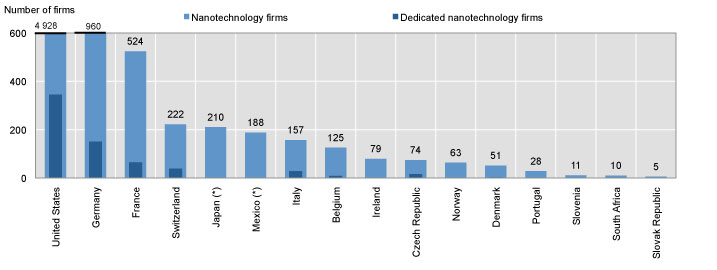Nanotechnology economy: Can it be an alternative solution to close the poverty gap?
News category: Newnano
If a developing country such South Africa wishes to break the poverty cycle, reduce inequalities and improve health, it needs to have a strong and effective science, technology and innovation (STI) systems investment of up to 3.5% of the country’s GDP, as reported by scientists advising UN Secretary General, Ban Ki Moon, on sustainable development.
Nanotechnology is amongst the most profound alternative solutions towards game changing in the early 21st Century as it has potential to make an impact in many fields such as water, energy, health, food and agriculture.
If South Africa hopes to meet some of post 2015 United Nations Sustainable Development goals such ending poverty and hunger, access to water and affordable energy, etc. (http://www.un.org.za/sustainable-development-goals/), it must immediately increase investment in research and development (R&D) and close gaps or fill skills shortages in emerging technologies, particularly in the field of Nanotechnology.
Although Nanotechnology promises great breakthroughs, one cannot eliminate the possibility that this emerging technology may also have unintended effects on human health and environment. In order to reduce unforeseen effects or minimise the risks associated with Nanotechnology, while increasing its benefits, nano-product manufacturing standards and regulation guidelines must be adopted.

Current numbers of firm active in nanotechnology around the world, published in Nanowerk News 2013
Article by Dr Steven Mufamadi PhD (Wits), Director of Nanotech & Biotech (NABIO) consulting (Pty) Ltd.
